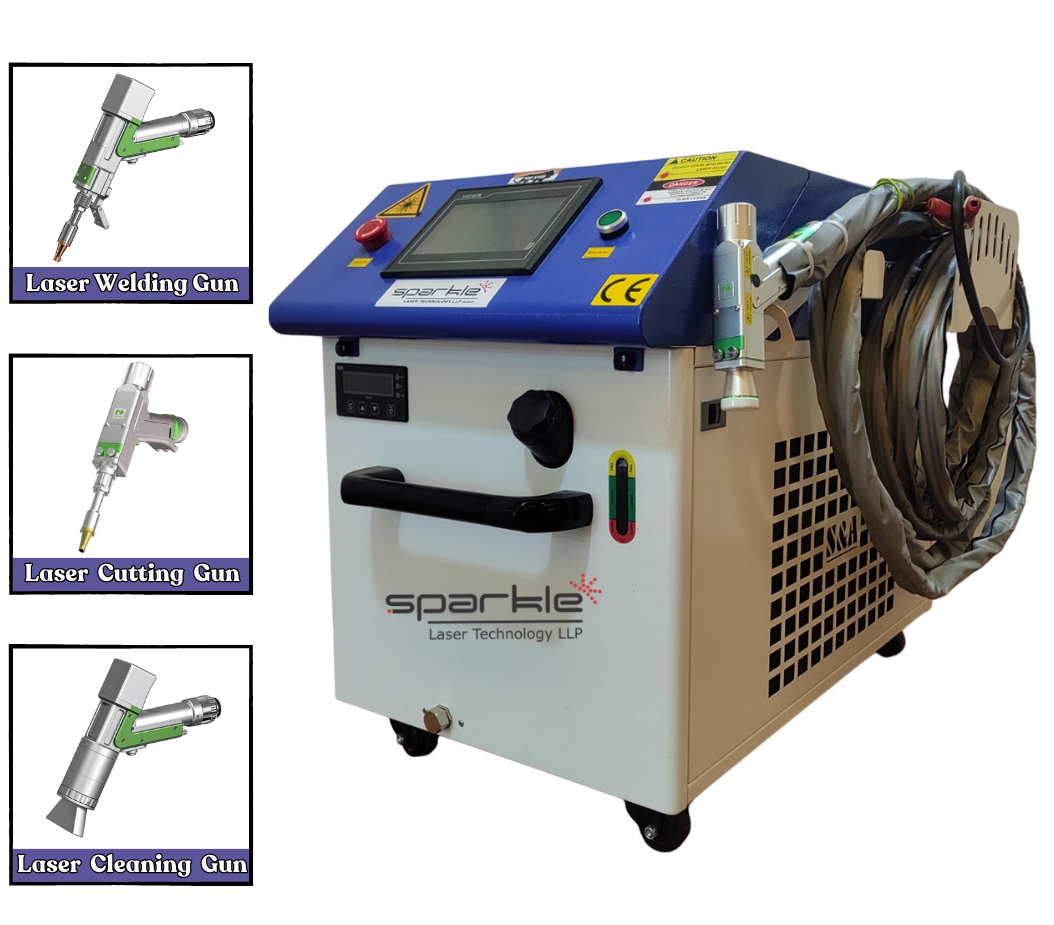In the dynamic landscape of modern manufacturing, innovation is the key to achieving unparalleled precision and efficiency. Laser Soldering Machines have emerged as a beacon of progress, revolutionizing the soldering process and opening new possibilities for intricate and high-performance assemblies. This blog post aims to shed light on the world of laser soldering, exploring its advanced features, diverse applications, and the transformative impact it brings to the manufacturing realm.
The Brilliance of Laser Soldering:
Laser soldering, a technique harnessing the power of focused laser beams, represents a leap forward in the quest for precision soldering. Unlike traditional methods, laser soldering offers a non-contact, localized heat source, enabling meticulous control over the soldering process.
Exploring Unique Features:
Selective Heat Application:
Laser soldering allows for selective heat application, targeting specific areas with pinpoint accuracy. This feature is particularly advantageous when dealing with densely packed electronic components, ensuring that only the intended joints receive the required heat.
Fine-Tuned Energy Control:
The ability to finely control the energy output of the laser enables manufacturers to work with a variety of materials and solder compositions. This adaptability is crucial for industries where compliance with different material specifications is essential.
Versatile Joint Geometries:
Laser soldering systems facilitate the creation of versatile joint geometries, adapting to the ever-evolving demands of diverse manufacturing applications. Whether it's a small, delicate connection or a complex joint in a larger assembly, laser soldering provides flexibility in joint design.
Applications Across Industries:
Microelectronics Revolution:
In the realm of microelectronics, laser soldering plays a pivotal role in the assembly of miniaturized components. From intricate circuit boards to delicate sensors, the precision offered by laser soldering ensures the reliability of connections in cutting-edge electronic devices.
Biomedical Innovations:
The biomedical field leverages laser soldering for assembling medical devices with stringent size and precision requirements. Implantable devices, diagnostic tools, and other critical medical equipment benefit from the accuracy and sterility offered by laser soldering.
Automotive Excellence:
Automotive manufacturing embraces laser soldering for creating robust and reliable connections in electronic control units, sensors, and other critical components. The speed and precision of laser soldering contribute to the efficiency and longevity of automotive systems.
Luxury in Lighting:
The lighting industry utilizes laser soldering for assembling LED components, ensuring optimal performance and durability. The ability to work with delicate materials makes laser soldering a preferred choice for creating intricate lighting designs.
Conclusion:
As manufacturing evolves into an era of unprecedented technological sophistication, laser soldering systems stand at the forefront of this transformative wave. The precision, adaptability, and speed offered by these systems redefine the possibilities in creating intricate and reliable connections. With applications spanning across microelectronics, healthcare, automotive, and beyond, laser soldering illuminates the path toward a future where precision meets efficiency in the heart of modern manufacturing.





Comments